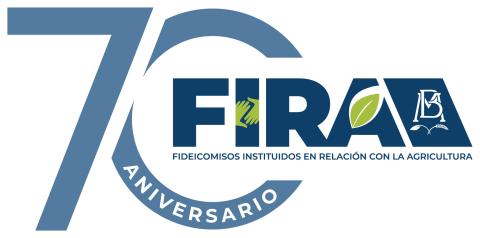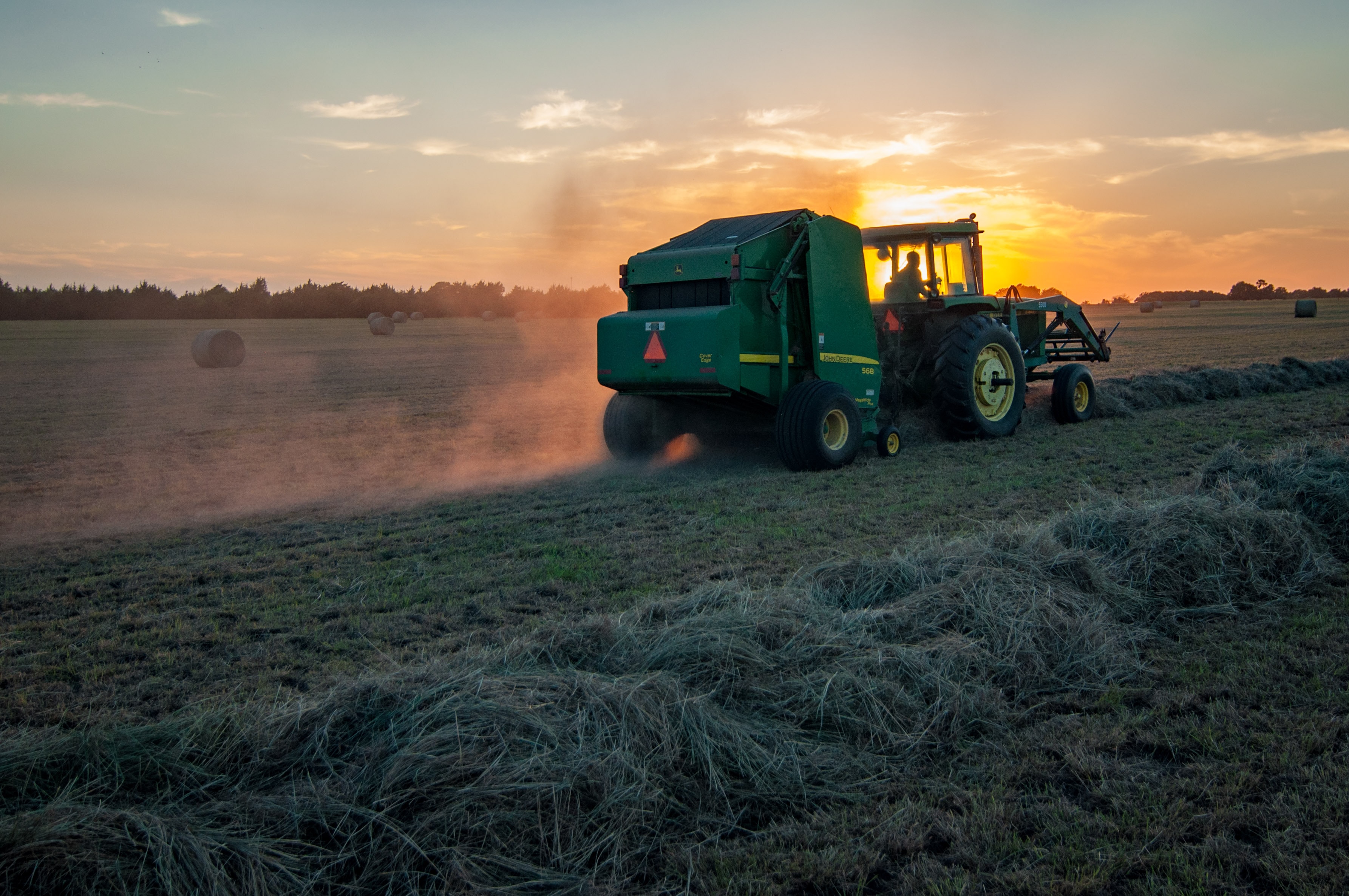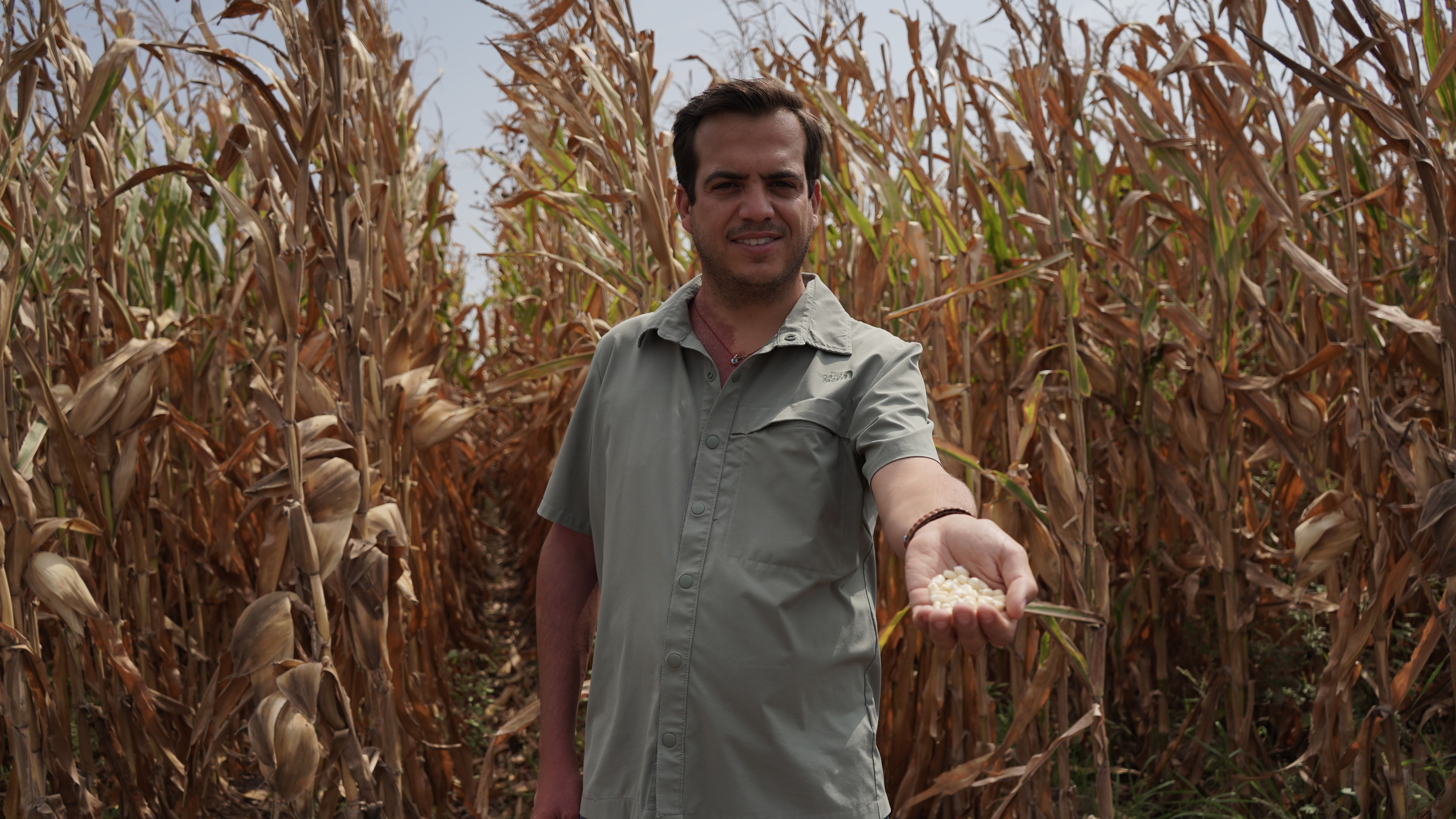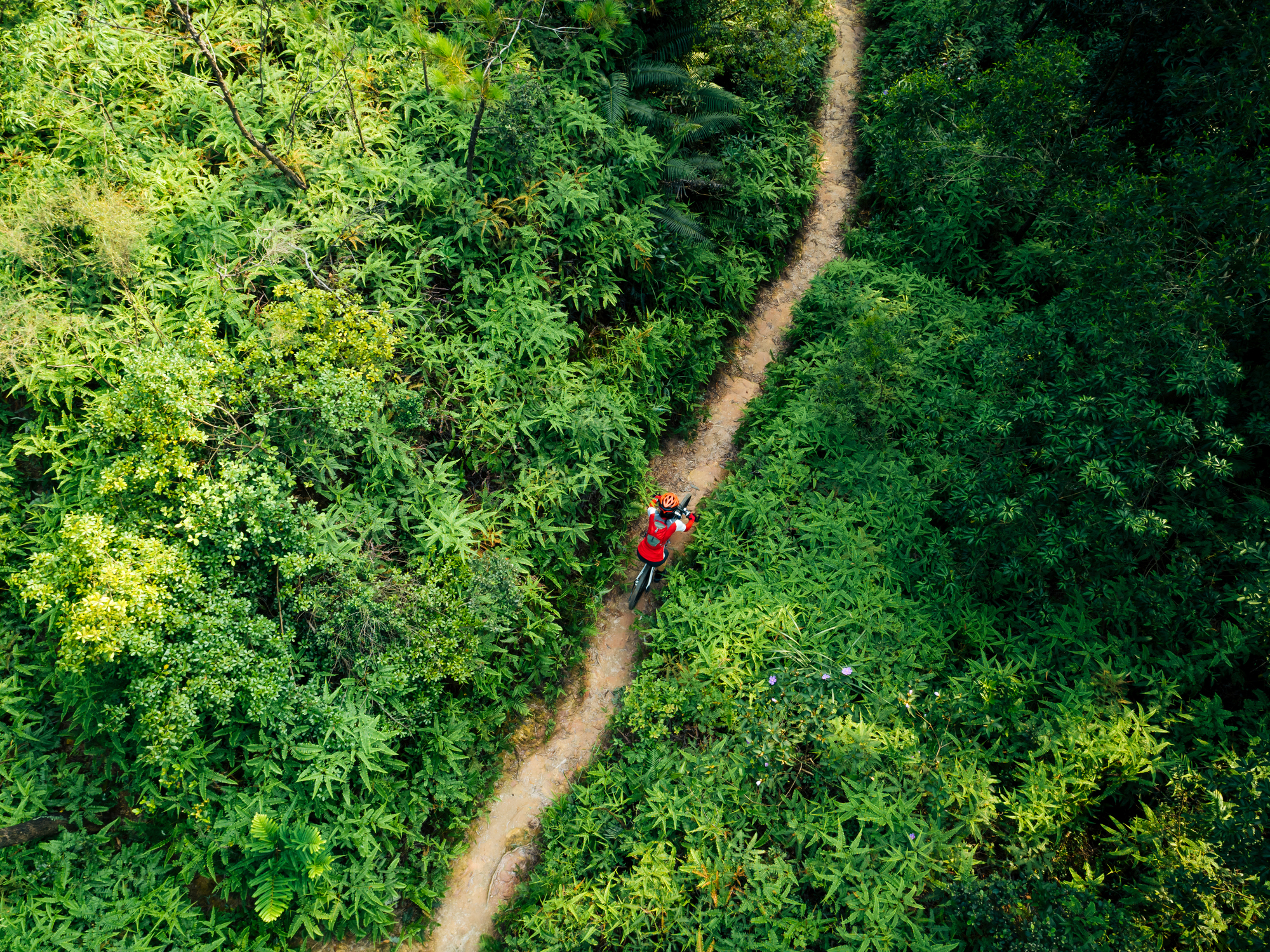Client
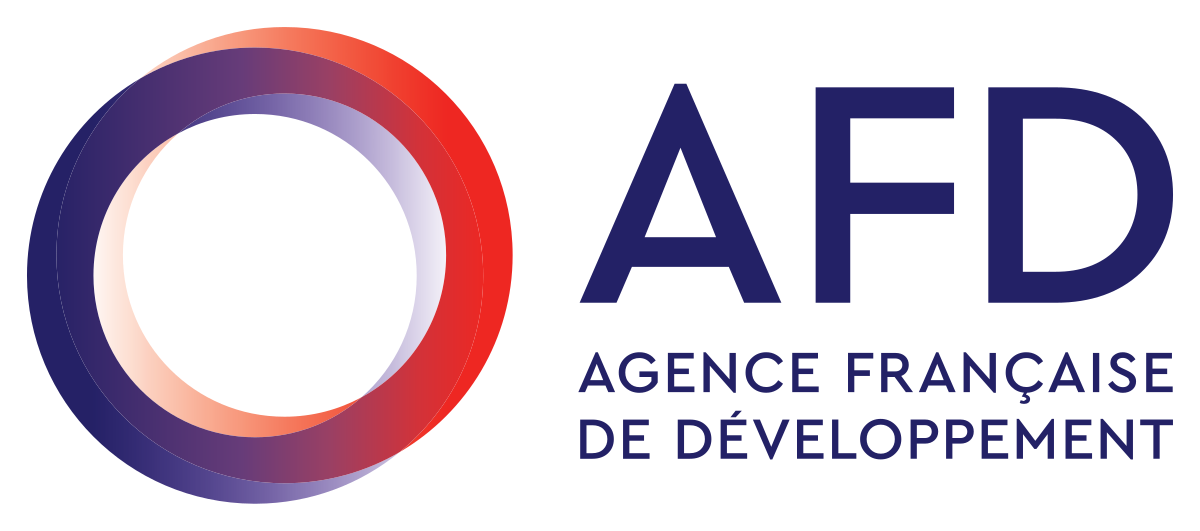
Expertise
Finance
Impact
Boosting financial inclusion to support the transition of Mexico’s rural farmers.
CHALLENGE
How can smallholder farmers transition to more sustainable practices?
From declining yields to soil erosion, record droughts across Mexico are leaving their mark on farmers’ crops and herds. It puts farmers under growing pressure to adapt to climate change.
The agricultural transition requires finance. Nevertheless, most smallholder farmers, especially Indigenous farmers, are based in rural areas where poverty is perpetuated by a lack of access to finance. Already deemed risky borrowers, farmers’ access to credit is compounded by climate change as Mexico’s land suitability declines, further restricting the uptake of climate-smart agriculture.
Mexico’s government, international banks and development agencies are working to expand financial access in line with a just transition. Among them are the Agence Française de Développement (AFD) and the Latin American Investment Facility from the European Union. The group sought to fund a dedicated loan programme by Mexico’s Trust Funds for Rural Development (FIRA), a second-tier development bank that offers credit and guarantees, training, technical assistance and technology-transfer support to the agriculture, livestock, fishing, forestry and agribusiness sectors in Mexico. Such a programme aims to help smallholder farmers adopt climate smart practices, protecting their land and livelihoods.
Just transition
There is currently no universally agreed definition for a just transition. Its application will also vary across contexts. At the Carbon Trust, we follow the International Labour Organisation’s definition. They describe a just transition as a process that decarbonises the economy in a way that is as fair and inclusive as possible. A just transition prioritises local socioeconomic opportunities and decent livelihoods while minimising the risks to affected groups. It requires inclusive and transparent social dialogue, robust governance, and support for impacted workers and communities.
SOLUTION
Expanding access to sustainable loans
With financial inclusion as a key driver, FIRA’s programme seeks to provide loans to farmers across agriculture, livestock, forestry, and fisheries. To ensure finance flows into projects that generate a positive impact, FIRA and AFD needed a global climate partner who understands the strict funding requirements from the Global North but can balance it with both the operations of Mexico’s financial institutions and the country’s agricultural practices and sustainability challenges. Amid the need to show the additionality of the loans and reach the right people, we:
IMPACT
Supporting Mexico’s farmers in a time of transformation
Through this partnership, FIRA was able to meet the loan expectations of the Global North and ultimately strengthen its relationship with EU funders. Indeed the €4 million in investment grants by the European Union have already been disbursed to support a just transition for Mexico’s rural, small-scale farmers.
FIRA's programme itself tackles Mexico’s financial inclusion first-hand by lending to those traditionally seen as risky borrowers. In the long run, programmes like this will help break down lending barriers and provide financial support to farmers who endure the impact of climate change. As of April 2024, the programme:
The sustainable finance programme has had a ripple effect across FIRA’s operations and beyond. It has strengthened FIRA’s sustainability credentials on a national and international level, enabling FIRA to:
1 The remaining approved applications could not proceed for various reasons. These include applicants not meeting the financial requirements or choosing to discontinue.


